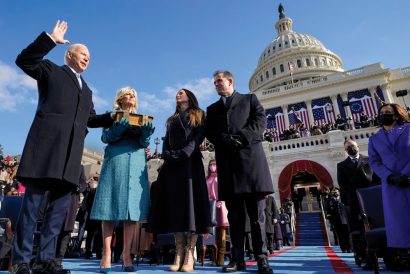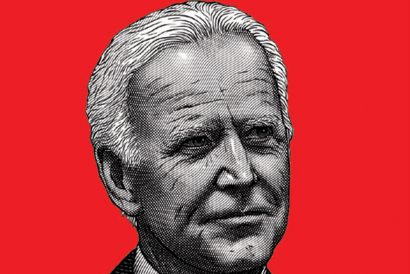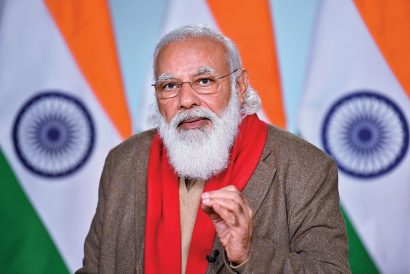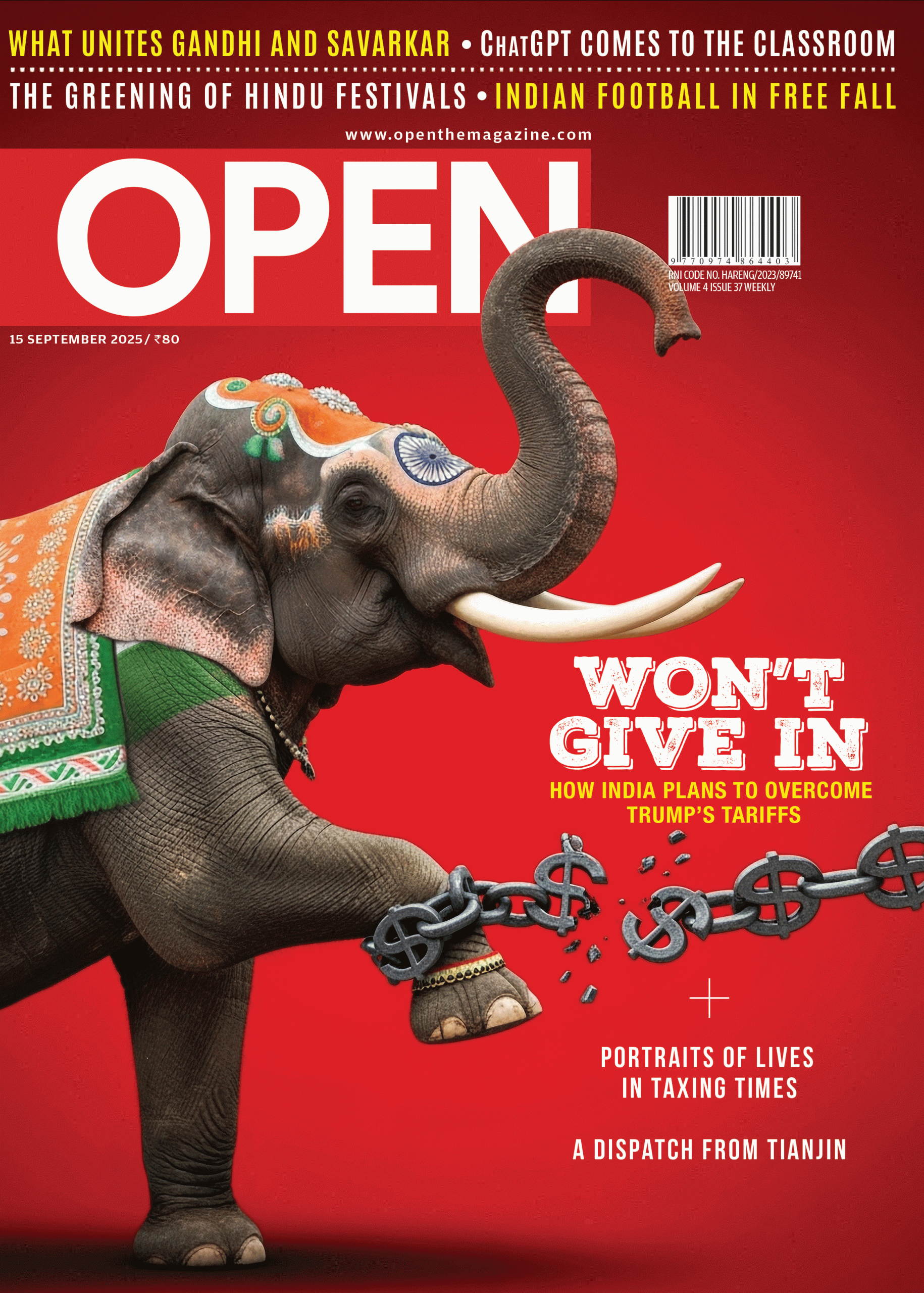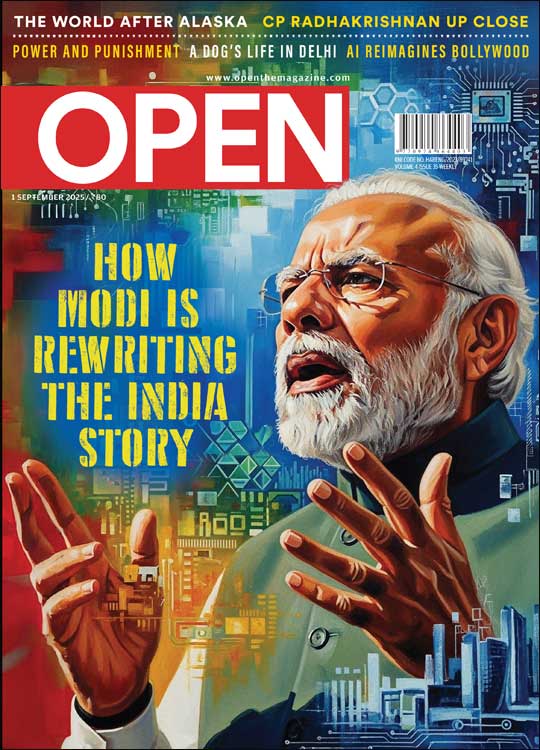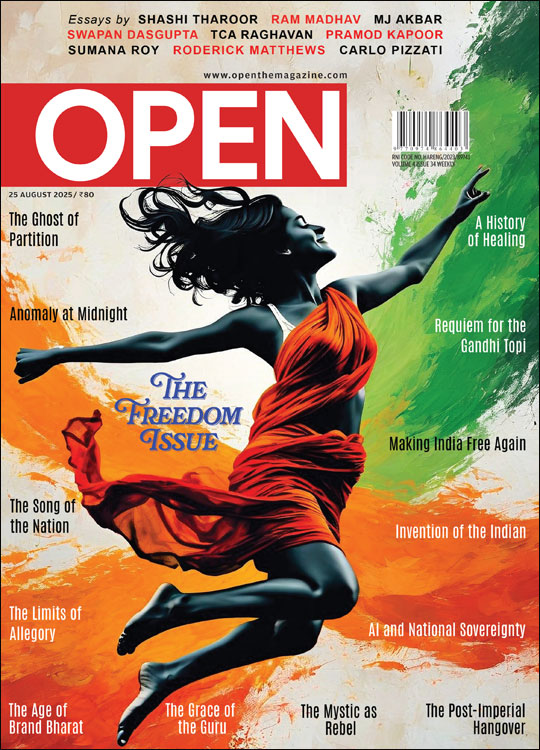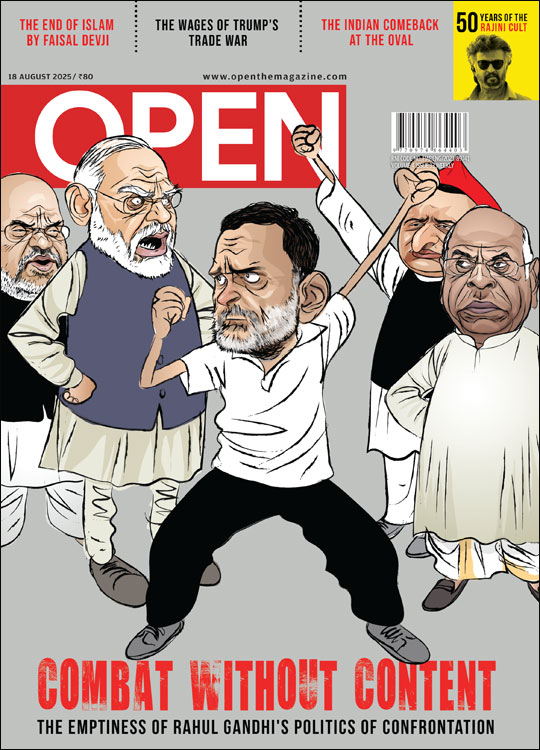Cover Story
The Journey of a Vaccine
Serum Institute will need all of its capacity and experience to ensure Covishield begins the end of the pandemic in India
A Shot of Hope
In rolling out its mass vaccination programme, India expects to pull off the unprecedented
The Healing Project
India’s vaccine rollout is more than about protection from the pandemic. It is symbolic of economic rejuvenation and a return to normalcy after a year of distress
Waiting for the Stimulant
Vaccination and restoration of mobility can enable the government to undertake a fiscal stimulus without fear of wasting money
The Politics of Grievance
The cycle of agitations against the Modi government is unlikely to end anytime soon

/wp-content/uploads/2025/09/Cover_Tariff-scaled.gif)
